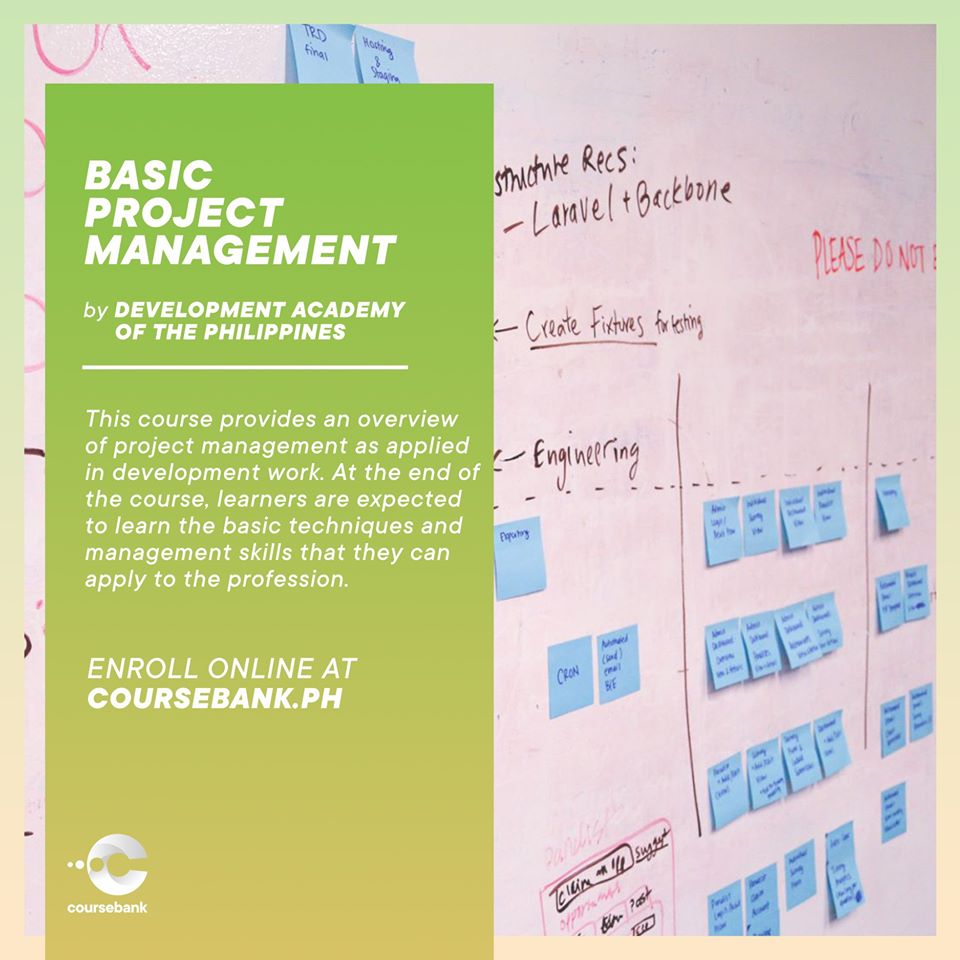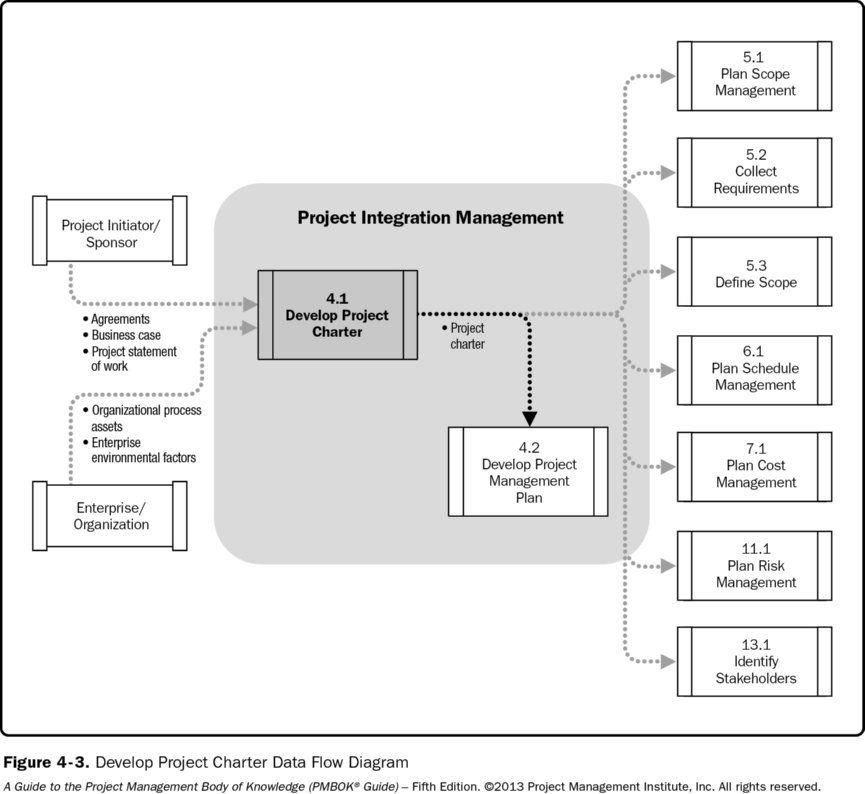
A front line manager's responsibilities include managing the store's unique circumstances and preventing potential problems from occurring. It is important for employees to be motivated, especially in tough economic times. Front-line managers also have specific responsibilities. These include customer service, communication skills, and employee development.
Communication skills
They are responsible for the employees at all levels within the organization. They must be able to communicate effectively, which means they need excellent communication skills. They must be able convey information to employees clearly and can deal with many personalities. Effective communication requires the ability of listening, speaking, and writing clearly. Communication requires the ability communicate complex issues clearly and effectively through translations.
Not only must they communicate well with employees but also with clients and middle managers. In order to build and maintain business relationships, they must communicate effectively with people. They should also have the ability to show empathy and build relationships. They must have excellent listening skills to be able gather valuable feedback and resolve issues in a timely manner.

Team building
Managers at the front line are responsible for managing day-to-day business operations. They need to have a wide range of skills in order to succeed. These skills range from strategic thinking and communication to emotional intelligence and a flair for coaching. They should also be able to listen, analyze problems and motivate a team.
Front line managers should be able to understand the organization's goals, and then measure their performance against them. They should be able to understand and recognize the different types of stress that affect team members. This will enable them identify the best ways to accomplish their tasks.
How to manage employees' behavior
The key element of effective management is the ability to manage employee behavior. It is also a key component of employee involvement. Managers must be able to identify and correct the negative behaviors that can lead to stress and poor performance. HR should also be involved in the improvement of the situation. If employees don't meet their expectations, they should also be challenged.
Change of mindset is one the most difficult challenges for frontline managers. Many of them see the boundaries of their jobs and fear change. Others recognize the need to reorganize roles, but they are hesitant about changing their mindset. These insidious mindsets can lead to a loss of productivity, poor customer service, and even a lack confidence.

Managing customer service
A front-line manager must have excellent communication skills and be able to lead a team. This will allow them to manage customer service effectively. They should also have experience in customer services. A front line manager could eventually move up to become a human resources coordinator or training coordinator, or even head of customer services. They may eventually rise to the position of vice president or chief executive officer.
The front line manager's role is to understand customer concerns and relay that information to other managers. This helps to bridge the gap between customers and companies, improving customer satisfaction. It is important to deal with employee concerns as a front-line manager. One example is when an employee may not be doing their job properly or may miss a shift. The front line manager should be able to deal with these situations and resolve them quickly.
FAQ
How do we create a company culture that is productive?
Successful company culture is one where people feel valued and respected.
It is founded on three basic principles:
-
Everybody can contribute something valuable
-
People are treated fairly
-
It is possible to have mutual respect between groups and individuals
These values are reflected by the way people behave. They will show consideration and courtesy to others.
They will listen to other people's opinions respectfully.
They will also encourage others to share their ideas and feelings.
Company culture also encourages open communication, collaboration, and cooperation.
People are free to speak out without fear of reprisal.
They understand that mistakes can be forgiven as long as they're dealt with honestly.
The company culture promotes honesty, integrity, and fairness.
Everyone is aware that truth must be told.
Everyone recognizes that rules and regulations are important to follow.
And no one expects special treatment or favors.
What is Kaizen?
Kaizen, a Japanese term that means "continuous improvement," is a philosophy that encourages employees and other workers to continuously improve their work environment.
Kaizen is founded on the belief of everyone being able to do their job well.
What are some common mistakes managers make when managing people?
Sometimes managers make their job harder than they need to.
They may not be able to delegate enough responsibility to staff or provide adequate support.
Many managers lack the communication skills to motivate and lead their employees.
Managers sometimes set unrealistic expectations of their teams.
Managers may attempt to solve all problems themselves, rather than delegating it to others.
What are the steps that management takes to reach a decision?
The decision-making process for managers is complex and multifaceted. It involves many elements, including analysis, strategy. planning. implementation. measurement. evaluation. feedback.
Management of people requires that you remember that they are just as human as you are, and can make mistakes. As such, there are always opportunities for improvement, especially when you put in the effort to improve yourself.
This video will explain how decision-making works in Management. We discuss different types of decisions as well as why they are important and how managers can navigate them. Here are some topics you'll be learning about:
What are the 5 management processes?
These five stages are: planning, execution monitoring, review and evaluation.
Planning means setting goals for the long-term. This includes setting goals for the future and defining what you want.
Execution takes place when you actually implement the plans. It is important to ensure that everyone follows the plans.
Monitoring allows you to monitor your progress towards achieving your goals. This should involve regular reviews of performance against targets and budgets.
Every year, there are reviews. They provide an opportunity to assess whether everything went well during the year. If not, then it may be possible to make adjustments in order to improve performance next time.
After the annual review is complete, evaluations are conducted. It helps to identify what went well and what didn’t. It also gives feedback on how well people did.
What does the term "project management” mean?
It refers to the management of activities related to a project.
These include planning the scope and identifying the needs, creating the budget, organizing the team, scheduling the work and monitoring progress. Finally, we close down the project.
Statistics
- Our program is 100% engineered for your success. (online.uc.edu)
- The average salary for financial advisors in 2021 is around $60,000 per year, with the top 10% of the profession making more than $111,000 per year. (wgu.edu)
- The profession is expected to grow 7% by 2028, a bit faster than the national average. (wgu.edu)
- Hire the top business lawyers and save up to 60% on legal fees (upcounsel.com)
- Your choice in Step 5 may very likely be the same or similar to the alternative you placed at the top of your list at the end of Step 4. (umassd.edu)
External Links
How To
How is Lean Manufacturing done?
Lean Manufacturing uses structured methods to reduce waste, increase efficiency and reduce waste. They were developed in Japan by Toyota Motor Corporation (in the 1980s). The aim was to produce better quality products at lower costs. Lean manufacturing emphasizes removing unnecessary steps from the production process. It is made up of five elements: continuous improvement, continuous improvement, just in-time, continuous change, and 5S. It is a system that produces only the product the customer requests without additional work. Continuous improvement refers to continuously improving existing processes. Just-in-time is when components and other materials are delivered at their destination in a timely manner. Kaizen stands for continuous improvement. Kaizen can be described as a process of making small improvements continuously. Last but not least, 5S is for sort. These five elements are combined to give you the best possible results.
Lean Production System
Six key concepts form the foundation of the lean production system:
-
Flow is about moving material and information as near as customers can.
-
Value stream mapping - break down each stage of a process into discrete tasks and create a flowchart of the entire process;
-
Five S's - Sort, Set In Order, Shine, Standardize, and Sustain;
-
Kanban is a visual system that uses visual cues like stickers, colored tape or stickers to keep track and monitor inventory.
-
Theory of constraints - identify bottlenecks during the process and eliminate them with lean tools like Kanban boards.
-
Just-in time - Get components and materials delivered right at the point of usage;
-
Continuous improvement is making incremental improvements to your process, rather than trying to overhaul it all at once.